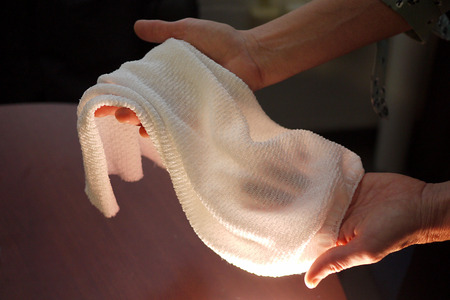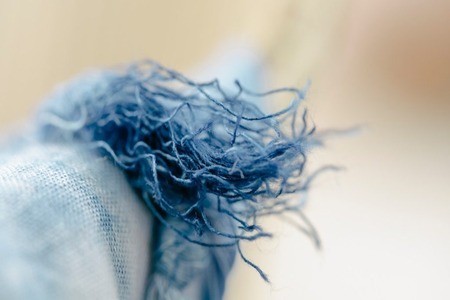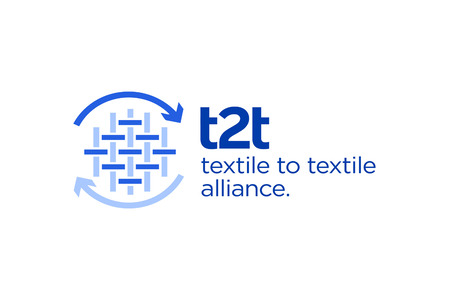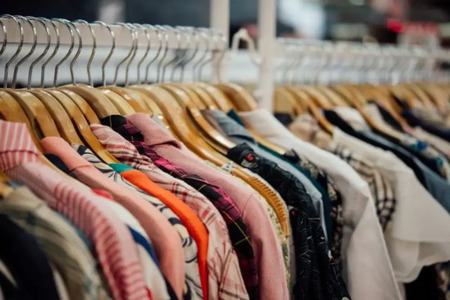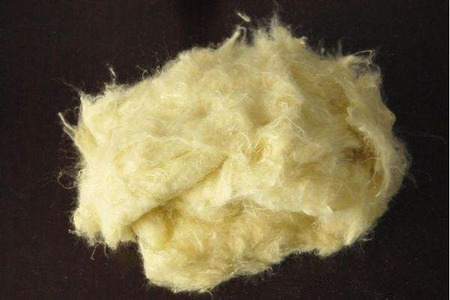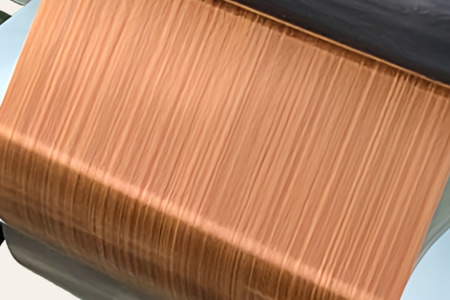
Govt to provide various incentives to keep home, specialised textiles afloat
YarnsandFibers News Bureau 2014-01-14 15:10:00 –Bangladesh textile industry faces a stiff competition from Pakistan, China, India and some other cotton producing countries. As an encourage to this sectors and to keep the home textile and specialised textile sectors afloat, the government has decided to provide various types of incentives, as export earnings from the two areas were on constant decline.
As Bangladesh is dependent on import of cotton, they see no other options but to provide incentives to keep the sectors competitive in the global market, said vice chairman of the Export Promotion Bureau (EPB) Shubhashish Bose.
He said that the European Union (EU) granted the generalised system of preferences (GSP) plus status to Pakistan which is a major cotton producing country.
With the GSP plus facility it will be able to export home and specialised textile at further competitive prices to the European market.
Mr Bose said Bangladesh's exports from the sectors were also facing a competition from India and China. Being cotton producers they are in a more advantageous position in the global market compared to Bangladesh.
As a result, he said, earnings from the sectors were declining significantly in the recent years.
Mr Bose said that different facilities, including increased cash incentives and the bonded warehouse facility, were being weighed to help the sector be more competitive.
Stakeholders said that Bangladesh's home and specialised textile sectors were losing the competitive edge, as the cost of cotton import was higher by 18 per cent than others. They said that export earnings from these sectors might further decline in the near future.
They said that neighbouring India had withdrawn all kinds of excise duty, income tax, value added tax and all kinds of other duties on home and specialised textile to attain the US$ 30 billion export target. Besides, the country allocated 16 billion rupees to modernise the textile industry. Vietnam, China and Pakistan also offered various incentives to help the industry flourish further.
In a recent meeting at the EPB, Zaber and Zobair Fabrics Ltd chairman Nurul Islam said that trucks carrying export goods remain stranded for 2/3 days at the Chittagong port due to the low storage capacity. Besides, due to the lack of space, containers need to be kept at private depots, which increase the costs.
As per rules, he said that the source tax for the export sector is 0.80 per cent. But the source tax being charged during opening back-to-back letters of credit is three times the actual rate-1.76 per cent.
Mr Islam also said that the sector did not get 5.0 per cent cash incentive despite exporting goods made of imported raw materials and locally produced fabrics.
Member secretary of Bangladesh Specialised Textile Mills and Power-loom Industries Association, Sheikh Abdul Hakim, has demanded raise in the cash incentive to 15 per cent to help the sector be more competitive.
Statistics shows that during the July-December period of the current fiscal year earnings from the home textile sector declined by 6.30 per cent compared to that of the corresponding period of the previous fiscal. Earnings from the specialised textile sector also declined during the period.
Market Intelligence
Ask for free sample Report

experience
Customer Base
dedicated team
Countries Served Worldwide



